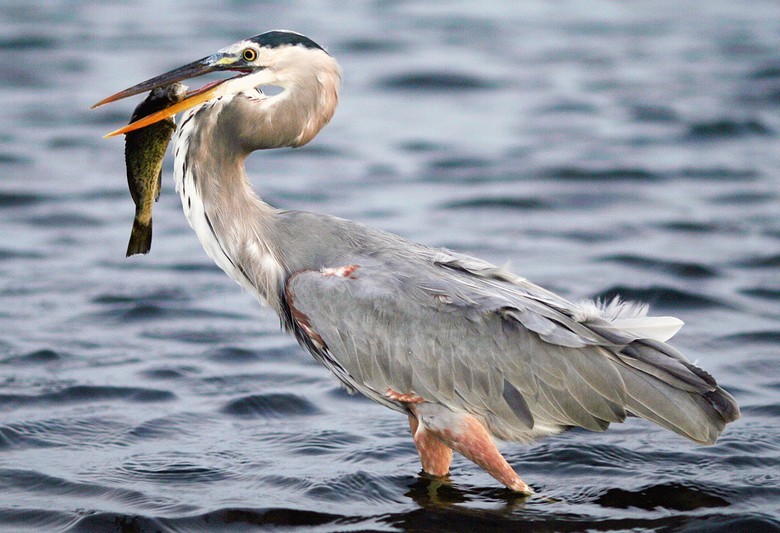
The noise caused by building wind farms may make fish more vulnerable to predators, a study suggests.
Recordings of pile-driving, used in the construction of marine infrastructure such as wind farms and piers, disrupted the abilities of individual sea bass to co-ordinate their movements with one another, researchers from the University of Bristol found.
This man-made noise pollution could make them more susceptible to danger, as cohesion and co-ordination within schools of fish are “essential in helping some animals avoid predators and exchange information socially”.
Researchers used computer tracking software to analyse the movement of 450 individual fish and shoals of four in the university’s aquarium.
They found the fish became “less cohesive and coordinated” during the playbacks, compared with when they were played normal ambient sea sounds.
Dr Christos Ioannou from the university’s School of Biological Sciences, said: “This is one of the few studies to explore how pollution from human activity impacts schooling behaviour in fish.
“Previous work has mostly focused on the effect of noise on the physiology and behaviour of individual animals.”
The findings were published in Proceedings of the Royal Society B journal.
The next step will be to move away from the lab and test the effect of the recordings under natural conditions.